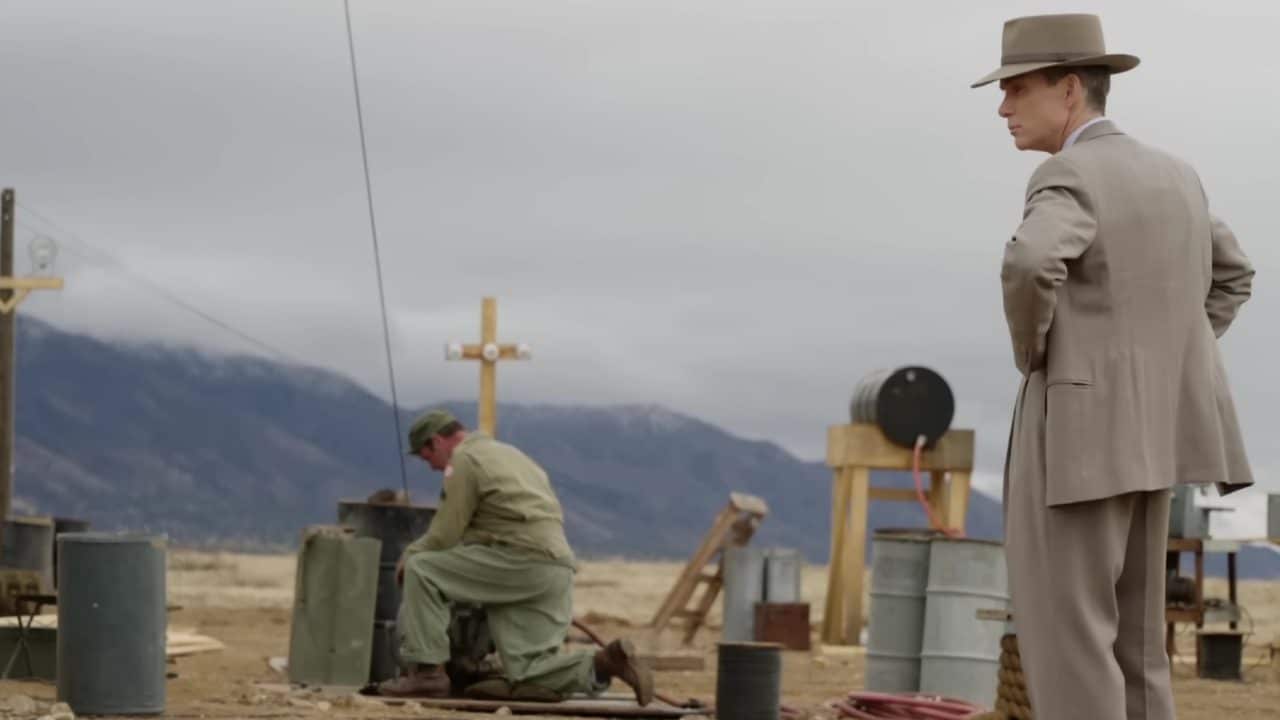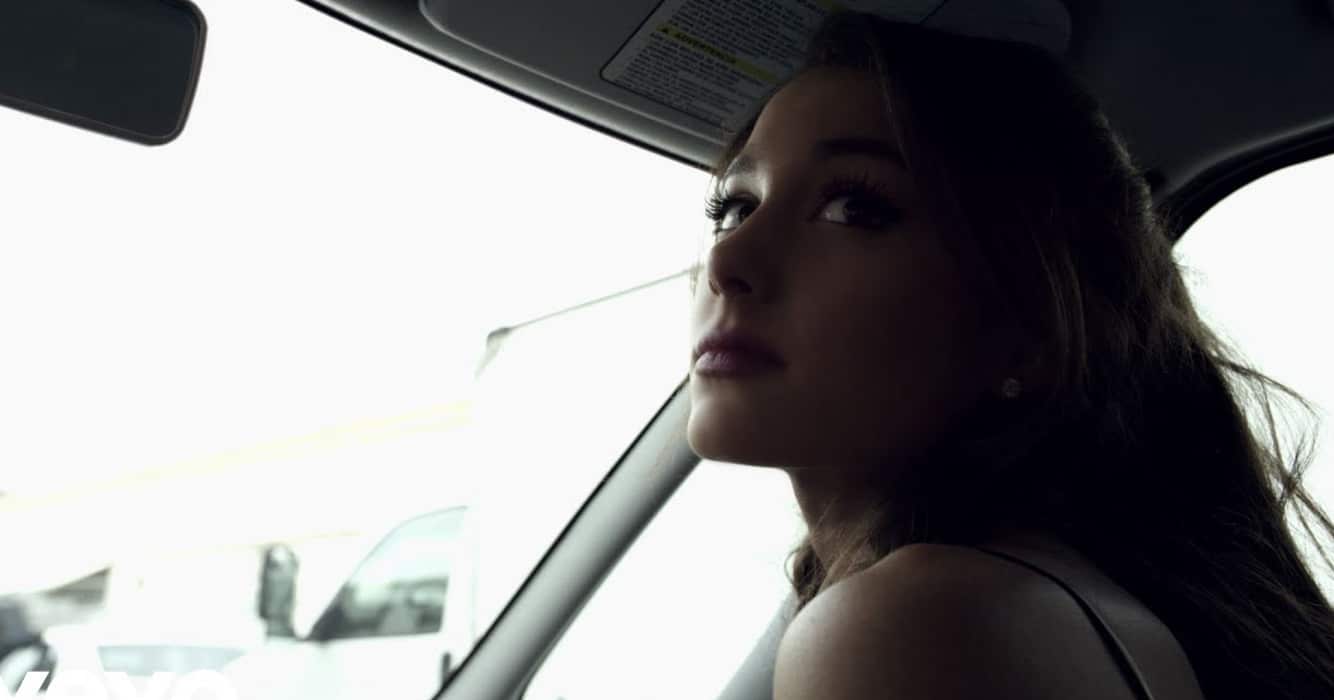The film “Oppenheimer,” a biopic portraying the life of J. Robert Oppenheimer, the renowned theoretical physicist often referred to as the ‘father of the atomic bomb,’ has captivated audiences with its portrayal of significant events in history.
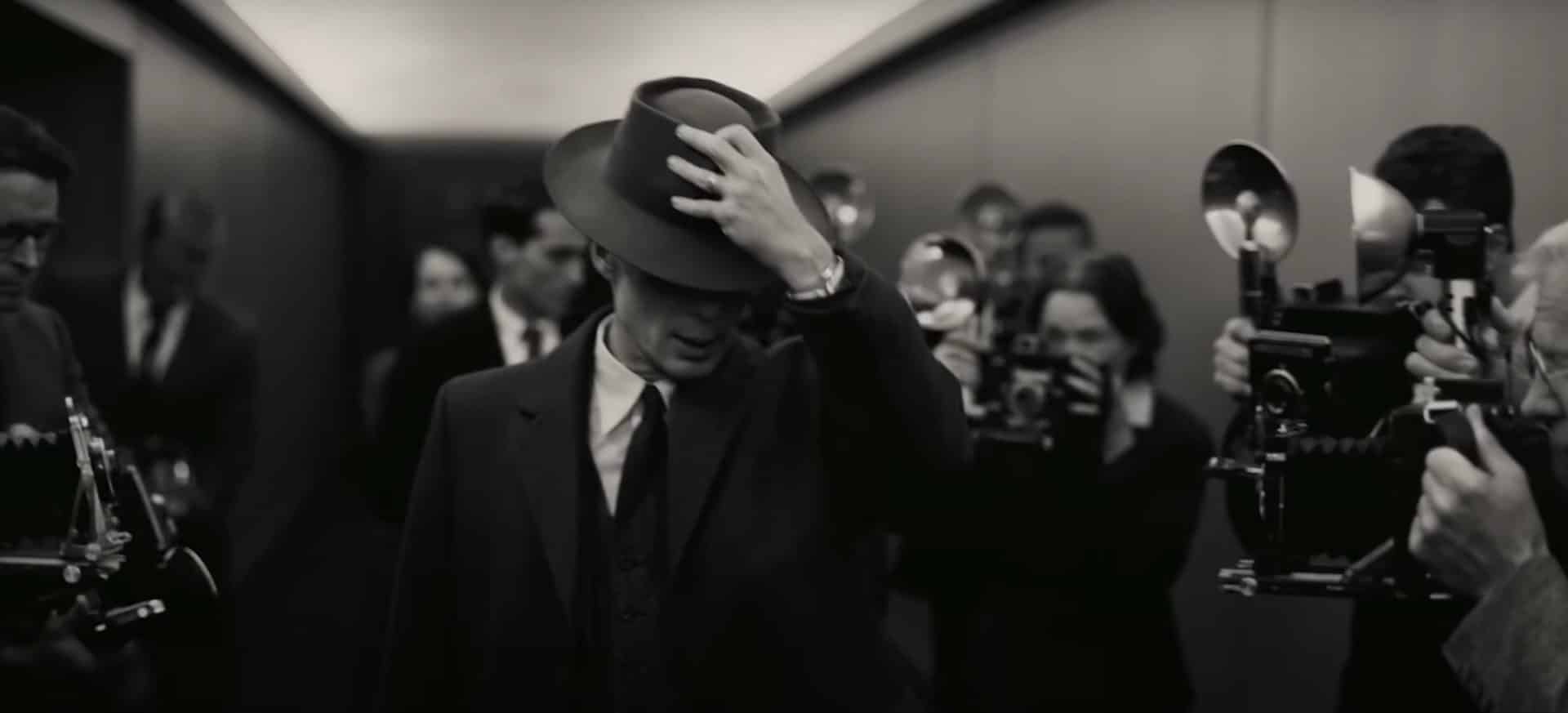
While drawing heavily from the biography “American Prometheus” by Kai Bird and Martin J. Sherwin, the movie has been praised for its meticulous depiction of the events leading up to the first atomic explosion.
However, one detail has recently come under scrutiny, as Charles Oppenheimer, the grandson of J. Robert Oppenheimer, points out a potentially erroneous portrayal in the film.
A Debatable Moment in the Film
At the heart of the controversy is a scene that occurs early in the film, where a young Oppenheimer, portrayed by Cillian Murphy, is shown studying at Cambridge under the guidance of Patrick Blackett at the Cavendish Laboratory.
Feeling overwhelmed by Blackett’s demanding nature, Oppenheimer places a poisoned apple, a reference to the famous story of Snow White, with the intention of creating mischief. Thankfully, no harm befalls anyone as a visiting scientist narrowly avoids taking a bite.
This scene, however, has been questioned by Charles Oppenheimer, who believes it lacks historical accuracy.
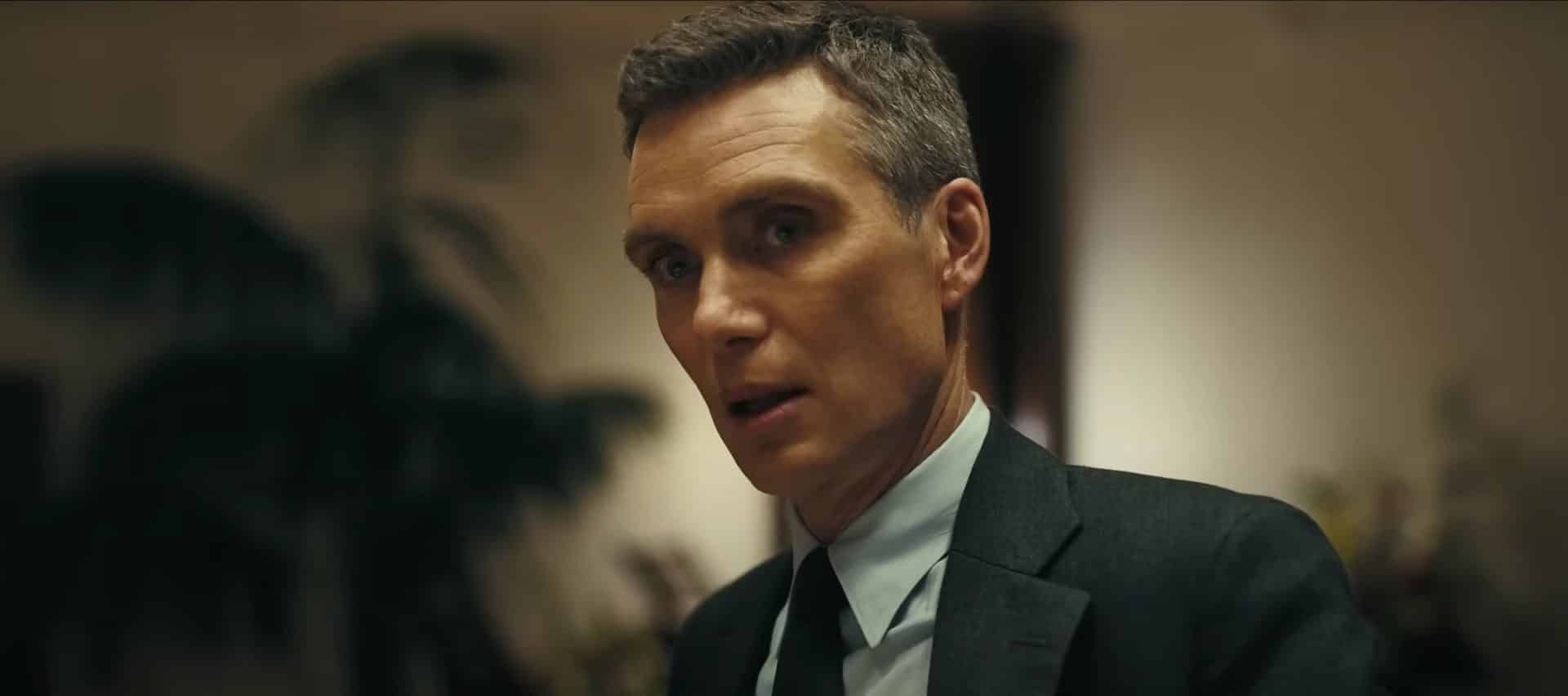
According to Charles, “There’s no record of him trying to kill somebody.” He emphasizes that the inclusion of such a serious accusation constitutes historical revisionism, as neither friends nor foes of J. Robert Oppenheimer ever heard of this incident during his lifetime, dismissing it as true.
The portrayal was apparently derived from uncertain references that discussed a spring break trip, yet without verifiable evidence. While Charles acknowledges the nature of dramatization in cinematic storytelling, he expresses his concern about the emphasis placed on this uncorroborated rumor in the biography “American Prometheus,” rather than clarifying it as an intriguing yet unsubstantiated tale.
An Engaging Portrayal and Unexpected Reactions
During the filming process, Charles Oppenheimer had the opportunity to visit the set and engage in discussions with the film’s director, Christopher Nolan, regarding their approach to telling the story. Despite initial reservations, Charles was pleasantly surprised to find that the movie adhered closely to the stories he had grown up hearing about his grandfather.
He commends the film for its compelling storytelling and its ability to captivate audiences as a work of art.
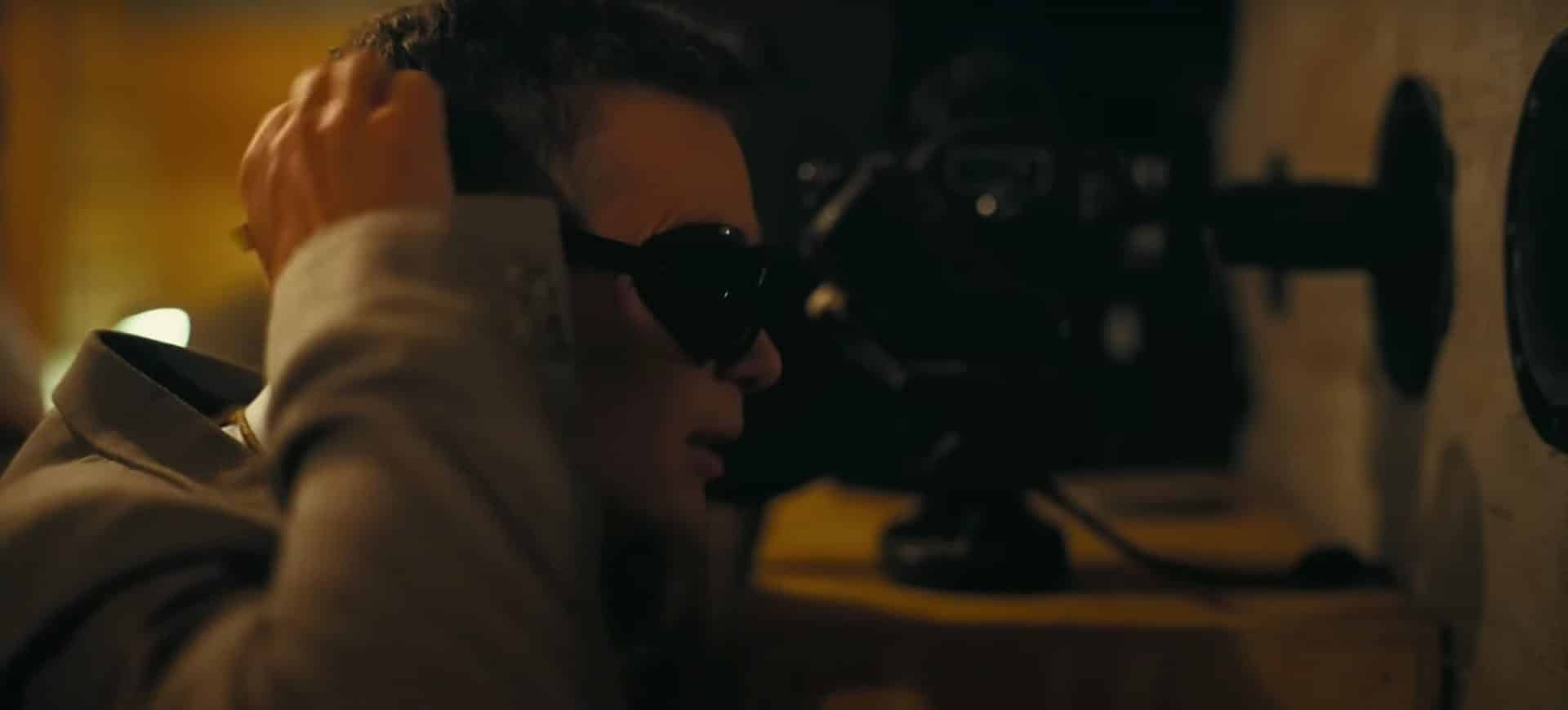
“I thought it told a compelling story, and I could just take it as art that was really engaging,” Charles remarked, expressing his unexpected satisfaction with the film’s portrayal. It appears that the artistic liberties taken by the filmmakers in certain areas did not overshadow the overall authenticity and integrity of the narrative.
While “Oppenheimer” has been widely praised for its comprehensive depiction of J. Robert Oppenheimer’s life and the pivotal moments in history, it has also faced scrutiny from Charles Oppenheimer, the physicist’s grandson, over a scene deemed historically inaccurate.
The film’s portrayal of a poisoned apple incident at Cambridge has been criticized as lacking concrete evidence and potentially misleading viewers about an aspect of J. Robert Oppenheimer’s life. Despite this controversy, the movie manages to engage audiences with its artful storytelling and adherence to the core essence of the physicist’s extraordinary journey.
In the end, “Oppenheimer” stands as a testament to the complexities of blending historical facts with artistic interpretation on the silver screen.

